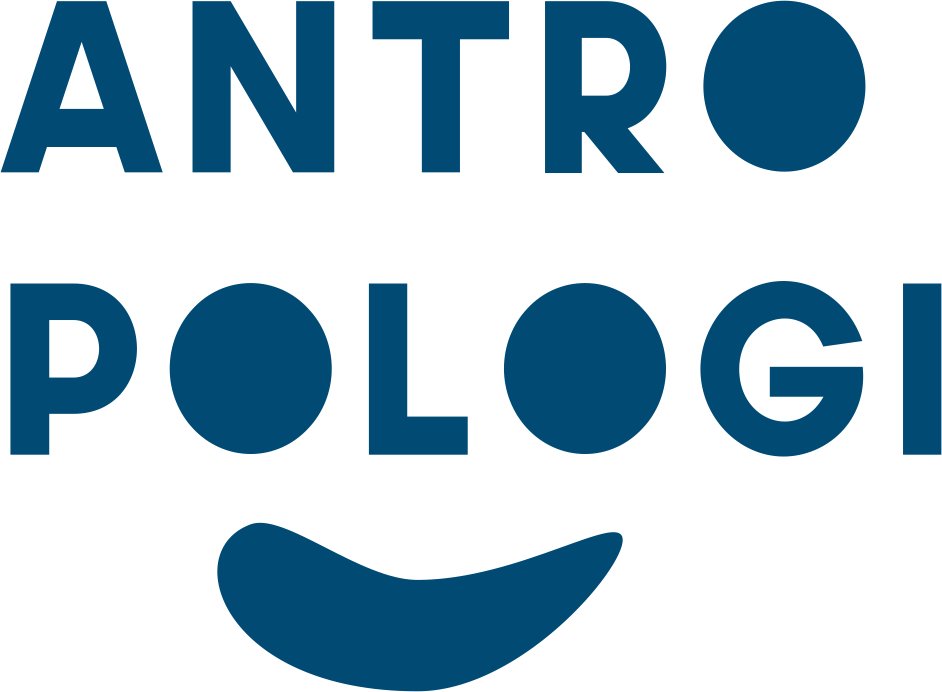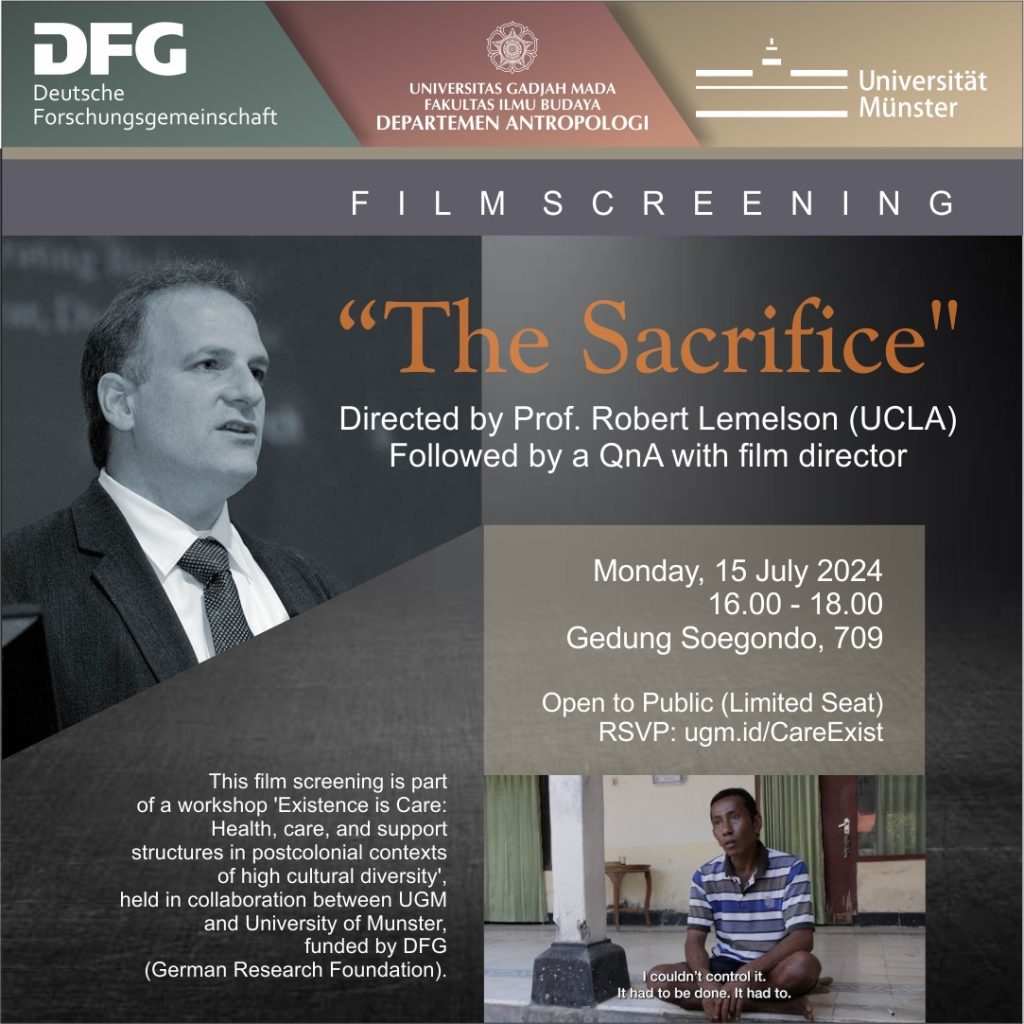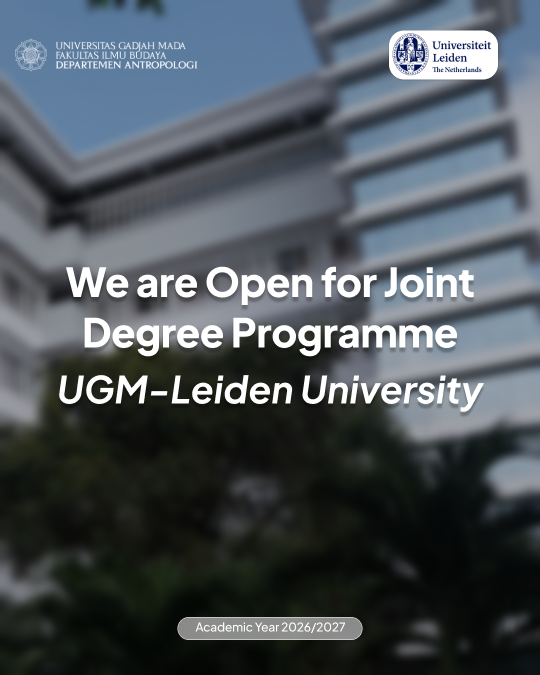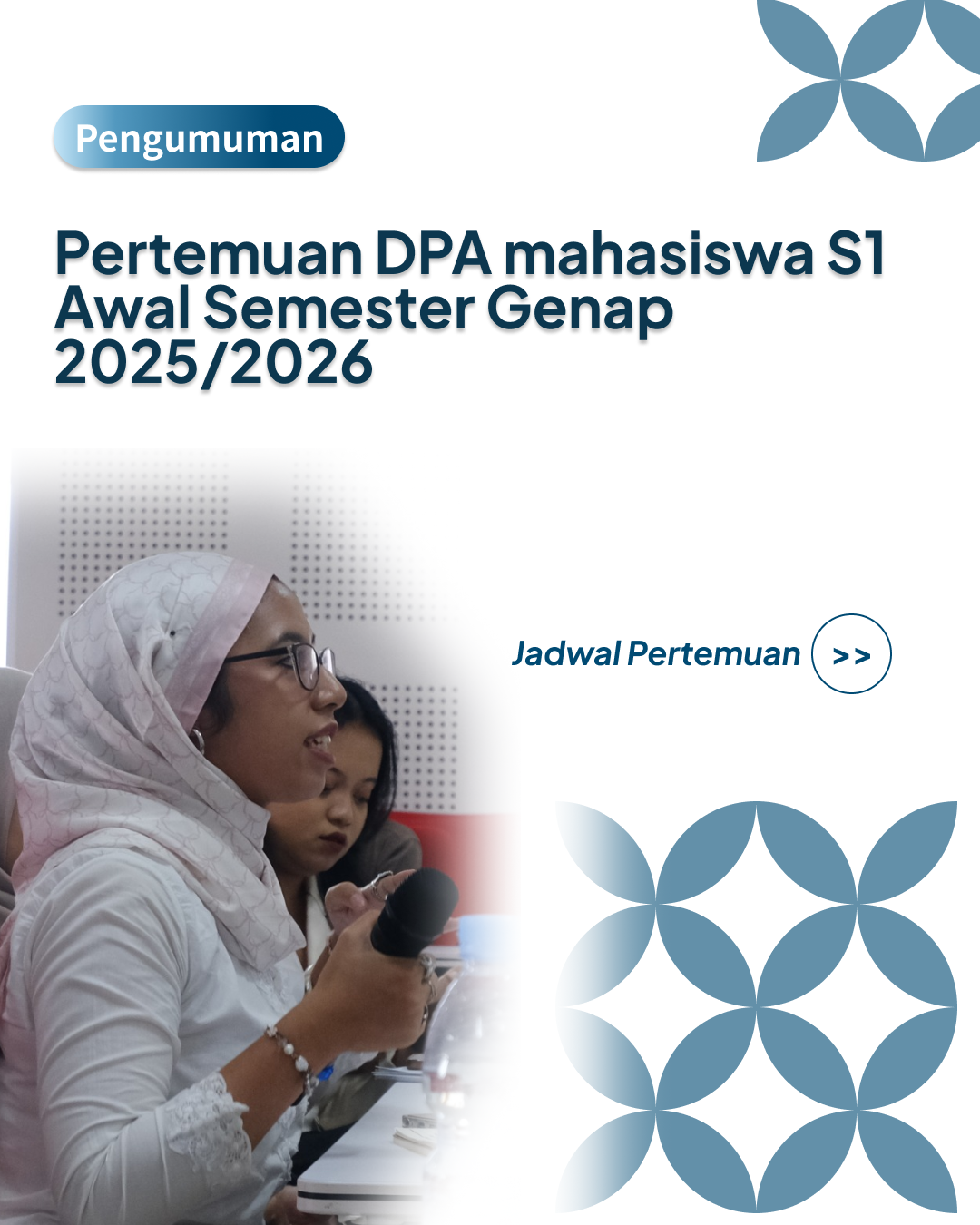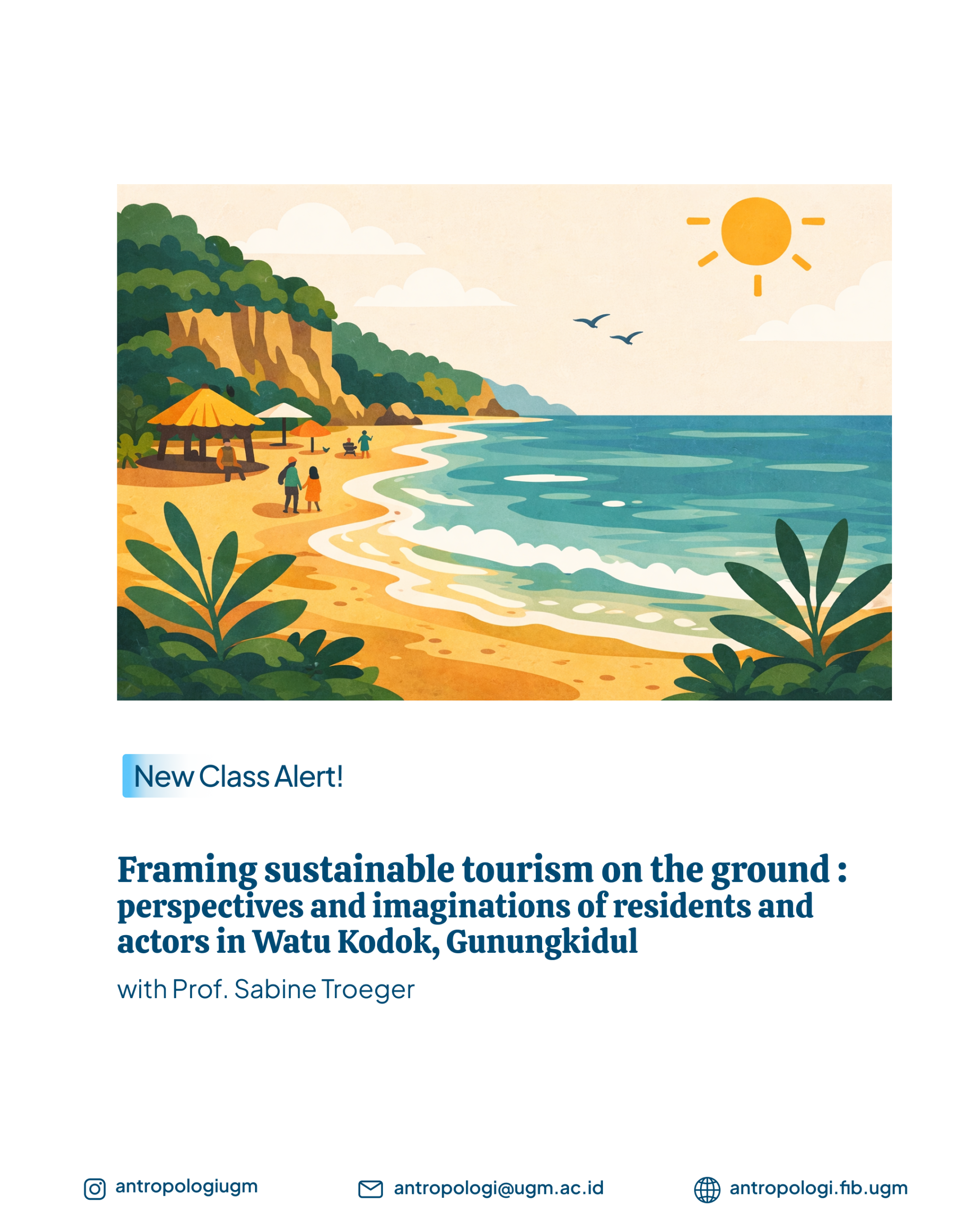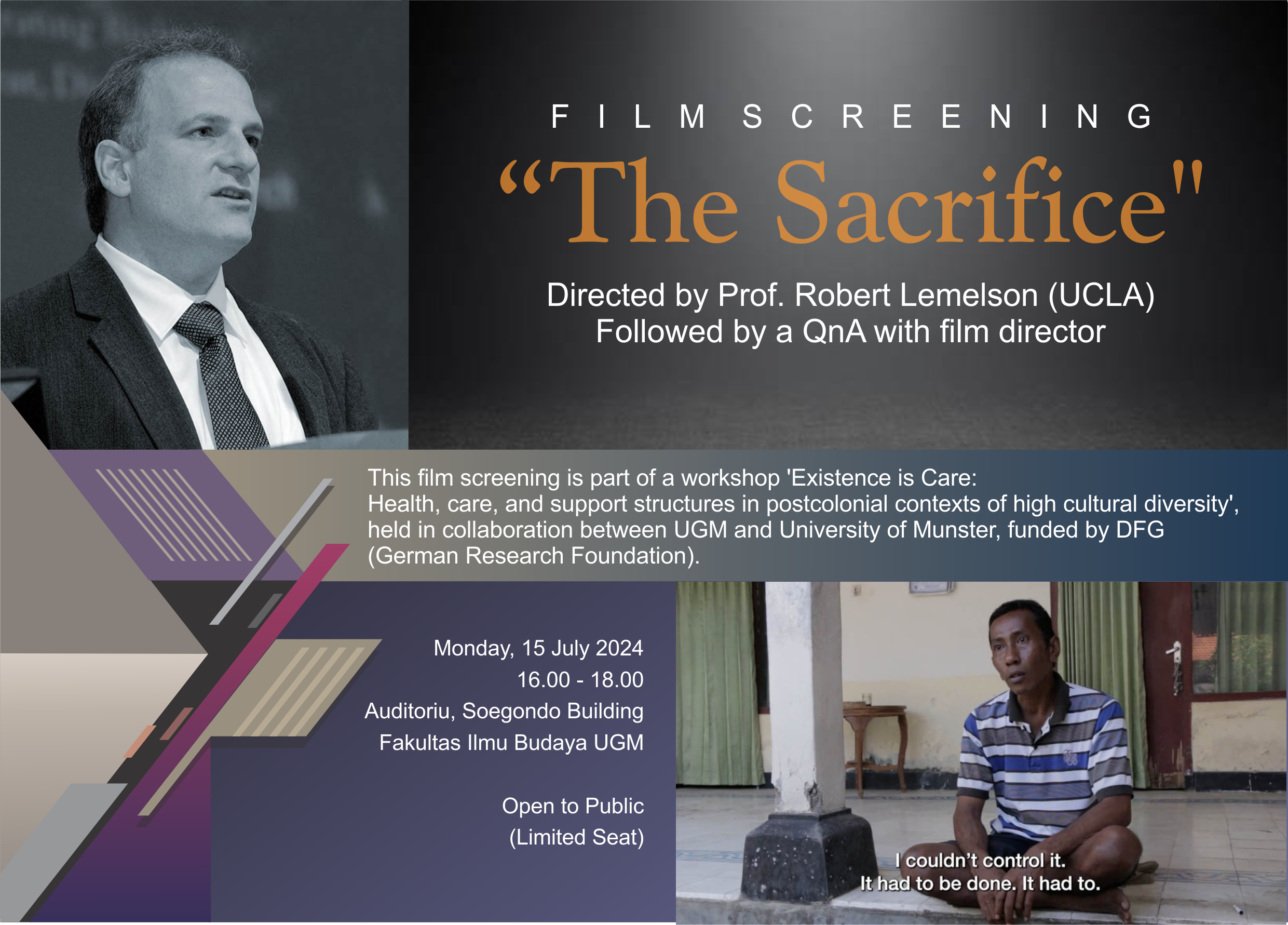 Ever since his adolescence, Ketut Sudiarta lived with severe mental illness. His tumultuous adulthood was shaped by episodes of instability and violence: over the course of ethnography he wandered the streets, attacked his half-sister who died from her injuries, was incarcerated and hospitalized, and ultimately, after two previous attempts, died by suicide. Ketut was also a fond friend and family member who tried to live a fruitful life, and participated in an ambitious familial healing process to address and redress the wrongs of which he seemed a part. This ethnographic film, currently a work-in-progress, is shot and narrated by Ketut’s childhood friend and explores the grief, concern, and culturally-informed meaning-making surrounding a deeply troubled life.
Ever since his adolescence, Ketut Sudiarta lived with severe mental illness. His tumultuous adulthood was shaped by episodes of instability and violence: over the course of ethnography he wandered the streets, attacked his half-sister who died from her injuries, was incarcerated and hospitalized, and ultimately, after two previous attempts, died by suicide. Ketut was also a fond friend and family member who tried to live a fruitful life, and participated in an ambitious familial healing process to address and redress the wrongs of which he seemed a part. This ethnographic film, currently a work-in-progress, is shot and narrated by Ketut’s childhood friend and explores the grief, concern, and culturally-informed meaning-making surrounding a deeply troubled life.
Psychological anthropology has long been interested in the experiential, symptomatic, and outcome differences in major mental illness trajectories outside the Euro-American context. This visual ethnography explores culturally-specific approaches to violent episodes and individuals within the extended family system by documenting responses that focus on inclusivity and collective healing. Taking guidance from revered spiritual leaders, Ketut’s difficulties are framed as the product of troubled relationships in and across interconnected and mutually influential human and spiritual realms. Visual psychological anthropology–longitudinal, person-centered, collaborative, experience-near, and narrative film grounded in emotional meaning–can be a powerful medium to communicate complex and difficult realities.
This film aims to convey the nuance of Ketut’s experience and provide an emic, attuned perspective to viewers witnessing a response to violence so different than in the United States. It also unpacks the lived experience of healing methods that don’t pathologize violence or mental illness but integrate even highly upsetting and disruptive behavior into a shared system of meaning, addressing the deep ambivalence felt by some as they wrestle with their own personal emotions while submitting to collective strategies that seek to re-establish harmony.
The film screening is part of a workshop “Existence is Care: Health, care, and support structure in postcolonial with high cultural diversity setting, organised by the Department of Anthropology UGM, University of Munster (Germany) and DFG.
Monday 15 July 2024
16.00 – 18.00 WIB
Auditorium Soegondo Building 7th Floor
The film screening is open to public. Limited seat available.
Please register: ugm.id/CareExist
